We’re changing our Letter of Interest (LOI) process for grant-seekers this year, as Cal Wellness embarks on a strategic planning journe
Economic Security and Dignity
To be healthy, people need the stability, confidence and aspiration gained through earning a reliable and growing income, building up a financial cushion, and owning assets. Yet many Californians face barriers to achieving enough income to meet basic needs, let alone build wealth – the single most important factor that influences health.
If you think of economic security as a house, we strive to support Californians in strengthening the floor and eliminating the ceiling. "Strengthening the floor" means focusing on reinforcing a social safety net that protects people from economic distress when faced with financial challenges. And "eliminating the ceiling" means emphasizing higher education, and access to good jobs that provide living wages, strong benefits and career paths. Eliminating the ceiling also includes entrepreneurship and growing assets – from homeownership to retirement savings.
According to the Asset Funders Network, wealth helps to explain the long-standing racial health inequities that endure in our nation. "Wealth" isn’t just for millionaires. AFN defines “high wealth” as possessing $104,000 or more in total assets. On average, White households are about 10 times wealthier than Black ones, and Whites have historically had more assets than Blacks, who have been subjected to systemic barriers to economic prosperity. To challenge entrenched inequities, we prioritize Californians from communities of color and low-income communities. These communities have long faced, and continue to face, systemic barriers to realizing their aspirations and achieving fulfilling lives.Our Economic Security and Dignity portfolio aims to advance the economic well-being of Californians, especially those from low-income communities and communities of color. Improving health outcomes is not just a matter of promoting good jobs and increasing income — it’s also about building assets and the confidence and cushion that wealth provides to expand opportunities.
The Economic Security and Dignity portfolio makes grants under three goal areas. To be eligible for funding, your organization’s work must fit into at least one of these goal areas:
- Economic Mobility & Wealth Creation
- Higher Education (note: this goal area is currently not accepting unsolicited applications for funding).
- Economic Safety Net
Economic Mobility & Wealth Creation
All Californians should be able to get good-paying jobs, build businesses as entrepreneurs if they choose to, and be financially secure. We will support efforts that advance workforce development and entrepreneurship for communities of color and low-income communities.
More Information
What We Fund
- Comprehensive workforce development efforts that focus on systems-impacted communities, with attention to formerly incarcerated men and women and provide all of the following:
- Placement into living-wage jobs that offer robust benefits and pathways for career advancement;
- Job retention services; and
- Case-managed wraparound support services.
- Efforts that support and strengthen small businesses through culturally-effective advising services and access to trustworthy capital for owners and operators who are persons of color, immigrants and refugees, or low-income individuals.
- Public policy efforts that address one of the following:
- Advance comprehensive workforce development approaches described above; or
- Strengthen supports for small businesses.
What We Don't Fund
- Workforce development efforts that focus on populations other than formerly incarcerated adults, or that emphasize resume writing, interview skills training, placement into low-wage jobs, or job training with minimal job placement or support services.
- An individual organization’s efforts to develop, build, or expand its in-house workforce or its own small business, including social enterprises.
Grantee Organizations We've Funded
Take a look at these grantee organizations to get a better sense of what we fund.
Flintridge Center
Pasadena
$300,000/3 years
Core operating support and efforts to improve the economic mobility of formerly incarcerated men and women in the greater Los Angeles area through comprehensive workforce development and public policy efforts.
Santa Cruz Community Ventures
Santa Cruz
$300,000/33 months
Core operating support for worker cooperative-grounded efforts to strengthen the economic wellbeing of primarily working-class, Latino immigrants in Santa Cruz, Monterey, and San Benito counties.
Fresno Area Hispanic Foundation
Fresno
$300,000/3 years
Core operating support and efforts to improve the economic wellbeing of San Joaquin Valley entrepreneurs, particularly those who are low-income, from communities of color or in rural areas, through small business development services and trustworthy loan products.
Inland Empire Black Workers Center
San Bernardino
$300,000/3 years
Project support for the Inland Empire Black Worker Center to sustain and strengthen efforts to advance quality jobs, equitable hiring, and workers’ rights in Riverside and San Bernardino Counties.
Higher Education
This goal area has two priorities: (1) pathways to access and succeed in postsecondary education for juvenile justice system-involved youth and (2) advancing racial equity in medical schools to address the acute racial disparities in the physicians’ workforce in California.
NOTE: Cal Wellness is currently not accepting unsolicited letters of interest for either of these priorities.
More than two-thirds of youth connected to the juvenile justice system aspire to higher education. At the same time, incarcerated youth in California face many obstacles in their quest to enter and succeed in higher education. Across the state, youth in custody have no access to face-to-face, classroom-based postsecondary instruction, and receive no postsecondary outreach, engagement, or orientation activities. And the juvenile justice system’s disproportionate ensnarement of Black and Latino youth exacerbates racial inequities in the pathways into postsecondary education. As a result, college and other postsecondary education – a leading pathway to economic self-sufficiency – is out of reach for most juvenile justice system-involved youth. Our grants are shaping a field and elevating a supportive ecosystem across the state to nurture a higher education pathway for these systems-involved young people.
The 2019 Final Report of the California Future Health Workforce Commission lifts up the crisis in the state’s health workforce, noting both a shortfall of thousands of primary care physicians and the acute racial disparities in the physicians’ workforce, with a longstanding, pronounced shortage of doctors from African American, Latina/o, Native American, and other underrepresented communities of color. For example, unless medical schools in California do more to improve upon their historic rates of student admission and graduation, the Latino physician shortage will take five centuries to close. Key factors driving racial disparities in medical education include the high expense of medical education and corresponding student debt and unfamiliarity with/self-doubt about pursuing graduate-level education (e.g., "imposter syndrome"). Advancing racial equity in medical schools profoundly impacts access to care and health and wellbeing outcomes. Our grants are strengthening the ecosystem of racial equity-oriented pathways in medical education.
More Information
What We Fund
- College campus-based support programs and supportive housing programs that support the postsecondary educational success of our youth involved with the juvenile justice system.
- Efforts that advance access to and success in medical schools for students from communities of color that are underrepresented in medicine, with attention to pathway and other programs at schools of medicine and community-based organizations.
- Public policy efforts that:
- Advance the postsecondary educational success of youth involved with the juvenile justice system, or
- Address barriers to access to and success in medical schools students from communities of color that are underrepresented in medicine. Leadership development efforts that support advocacy of:
- Juvenile justice system-involved youth issues impacting their pathways to and through postsecondary education, or
What We Don't Fund
- Programs that focus on college preparation, high school completion or the acquisition of a GED or HiSET certificate, or K-12-focused programs, including efforts addressing STEM.
- Supportive housing programs that are not tailored to our priority youth population nor oriented to advancing their postsecondary educational success.
- Health professions schools and training programs that address students broader than physicians.
- Efforts that focus on health workforce or workplace diversity and cultural competence.
Grantee Organizations We’ve Funded
Take a look at these grantee organizations to get a better sense of what we fund.
Youth Law Center
San Francisco
$1 million/5 years
Core operating support to improve the wellbeing and postsecondary educational journey of young people involved with juvenile justice systems in California through stakeholder engagement, technical assistance, and public policy efforts.
Riverside Community College District
Riverside
$300,000/3 years
Core operating support to provide college campus-based support for youth pursuing post-secondary education in Riverside County who are connected to the justice system as a wellness strategy.
Alliance in Mentorship
Long Beach
$300,000/3 years
Core operating support to encourage and support Latinx community members and others in pursuing medical school careers in California.
Charles Drew University of Medicine and Science
Los Angeles, CA
$2 million/30 months
Core operating support to educate, train and support medical students, with attention to strengthening pathways for underrepresented racial minorities, including through the new medical degree program.
Economic Safety Net
We want to make sure there is easier access to safety-net income supports. According to the Center for American Progress, a strong safety net reduces poverty, increases economic mobility, and strengthens our national economy. Furthermore, studies show that many safety-net programs offer an excellent return on investment to taxpayers. We will help expand and strengthen the safety net to support low-income Californians in both maintaining their financial stability and in building their economic progress. We also support the economic justice ecosystem of organizations in California working to improve wages, benefits, and employment practices.
More Information
What We Fund
- Public policy and systems change efforts that:
- Address strengthening income security (e.g., earned income tax credits, child tax credits, retirement benefits, unemployment insurance, guaranteed income), including expanding eligibility (e.g., undocumented immigrants); or
- Advance economic justice (e.g., worker power, increasing the minimum/living wage, improving workforce policies, etc.).
What We Don't Fund
- Efforts that primarily address occupational health and workplace safety.
Grantee Organizations We’ve Funded
Take a look at these grantee organizations to get a better sense of what we fund.
Center on Policy Initiatives
San Diego
$400,0000/3 years
Core operating support for public policy and leadership development efforts to improve the economic security of low-income communities and communities of color in San Diego County.
Golden State Opportunity Foundation
San Francisco
$200,000/2 years
Core operating support to improve health outcomes through outreach, communications and public policy efforts related to the state and federal earned income tax credits.
Mayors for a Guaranteed Income
Stockton
$200,000/3 years
Core operating support for Mayors for a Guaranteed Income to improve the economic well-being of low-income Californians by supporting current and emerging guaranteed income demonstration projects in California.
Western Center on Law and Poverty
Los Angeles
$500,000/3 years
Core operating support for public policy efforts to improve the social safety net for low-income Californians, with attention to health care and public benefit systems.
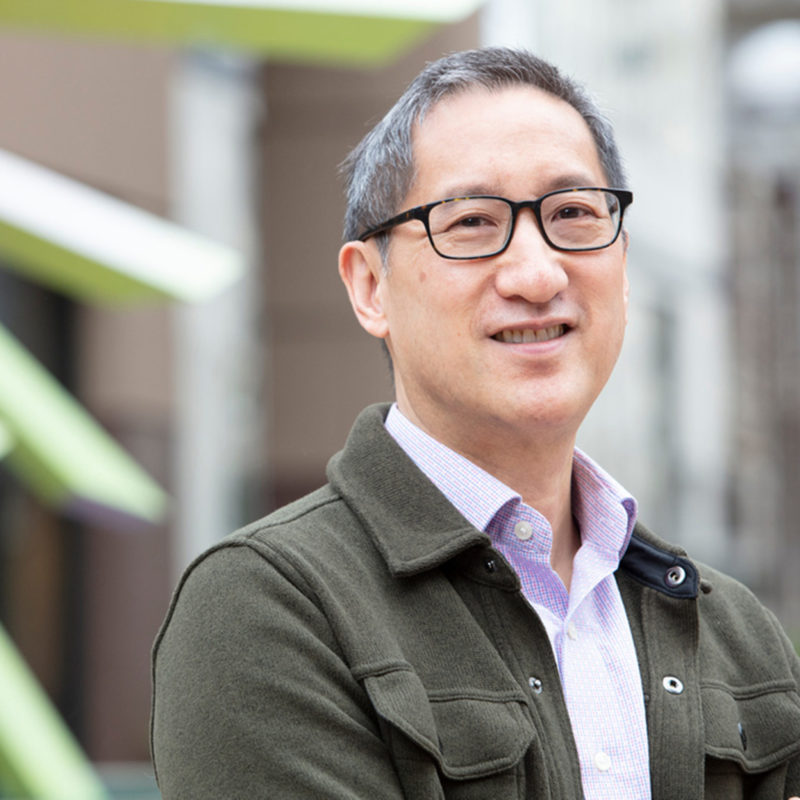
Earl Lui is a managing director at The California Wellness Foundation. In this role, he provides leadership to the Equity in Access portfolio as well as leadership for the Economic Security & Dignity portfolio.
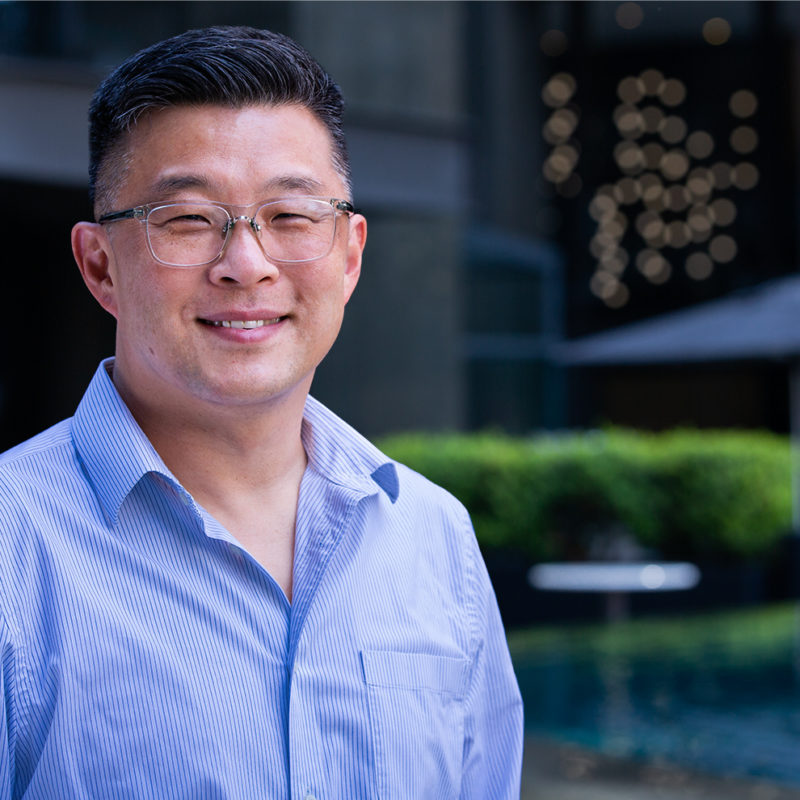
Jeffrey S. Kim is a program director at The California Wellness Foundation where he currently manages grantmaking related to post-secondary education in the Economic Security & Dignity portfolio.
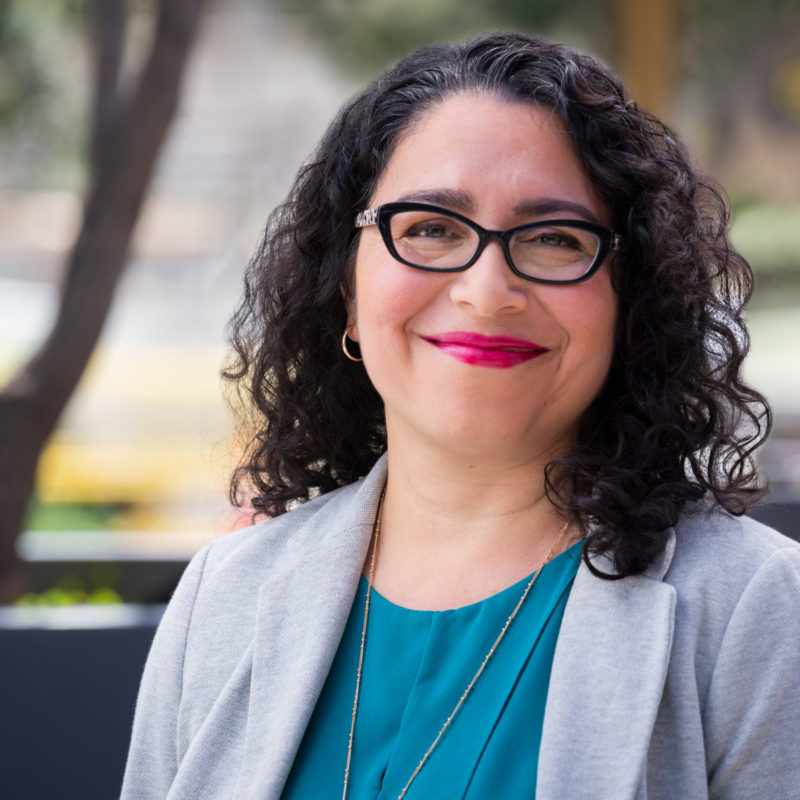
Monica Gomez is a program officer for the Equity in Access and Economic Security & Dignity portfolios.
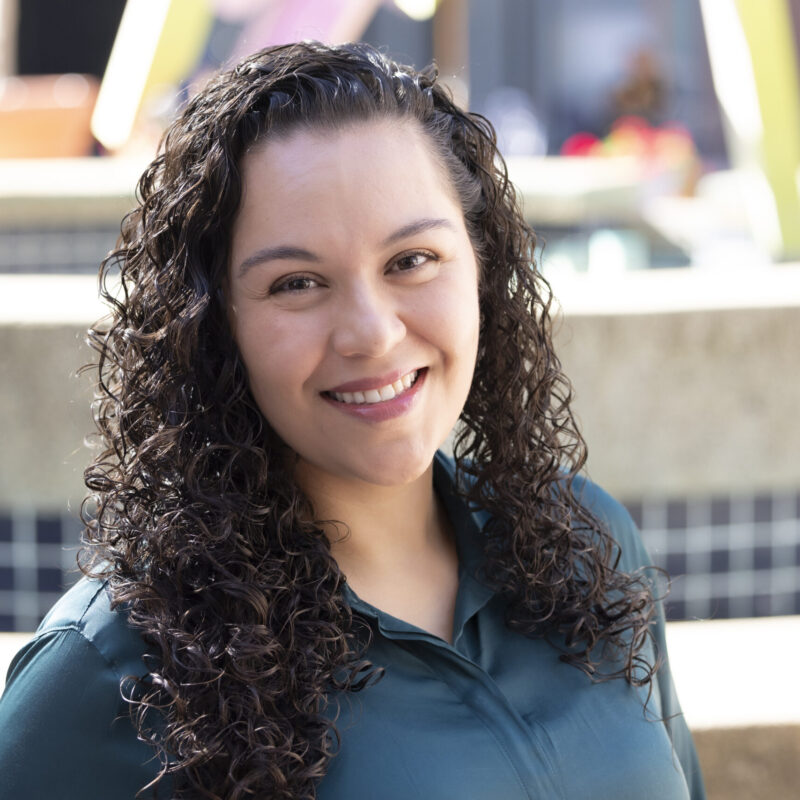
Jessica Martinez Pulido is a program officer at The California Wellness Foundation for the Equity in Access and Economic Security & Dignity portfolios.
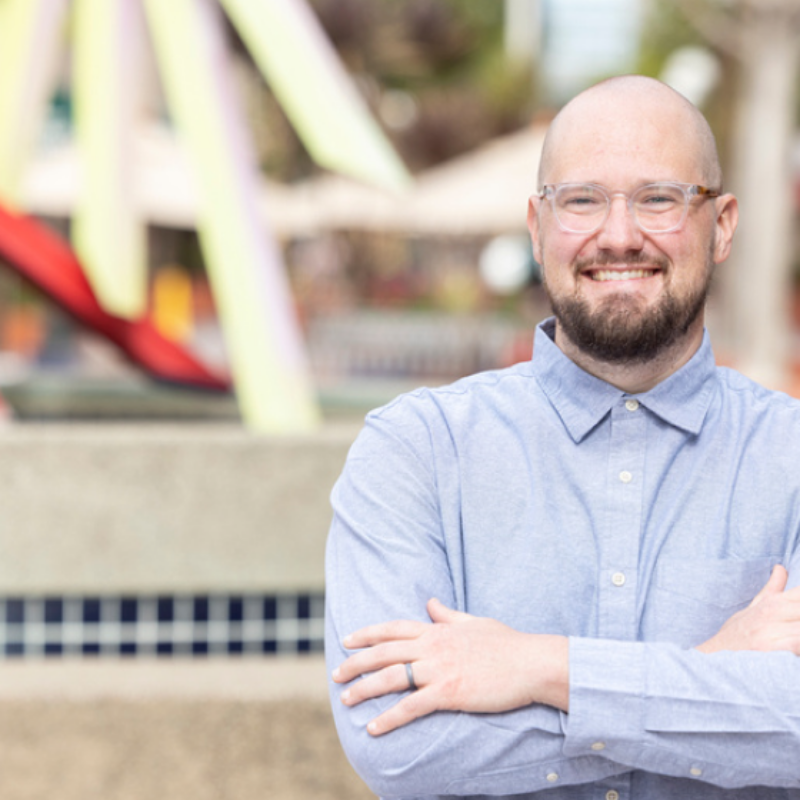
Brad Henry is a program coordinator at The California Wellness Foundation where he provides program and administrative support related to grantmaking under the Equity in Access and Economic Security & Dignity portfolios.

Gail Yen is a program officer at The California Wellness Foundation. Yen has a lifelong commitment to change systems alongside those most impacted by inequities and community-based organizations.
Program areas currently accepting letters of inquiry
We’re changing our Letter of Interest (LOI) process for grant-seekers this year, as Cal Wellness embarks on a strategic planning journey to shape the future of our work. Instead of accepting LOIs year-round, we’re moving to specific submission windows that will be open now through April 30, and July 1-31. We’ll provide an update later this year on LOI submissions for the rest of 2025. Learn more here.
Open
- Youth Justice
- Community Environments
Not Accepting
- Violence Prevention and Healing Justice
Open
- Economic Mobility & Wealth Creation
- Economic Safety Net
Not Accepting
- Post Secondary Education & Health Professions Training
Open
- Universal Coverage and Access to Care
- System Transformation
Not Accepting
- Priority Populations
Open
- Equity in the Nonprofit Sector
- Reimagining Social Justice
Not Accepting
- Mobilizing Movements and Power Building
